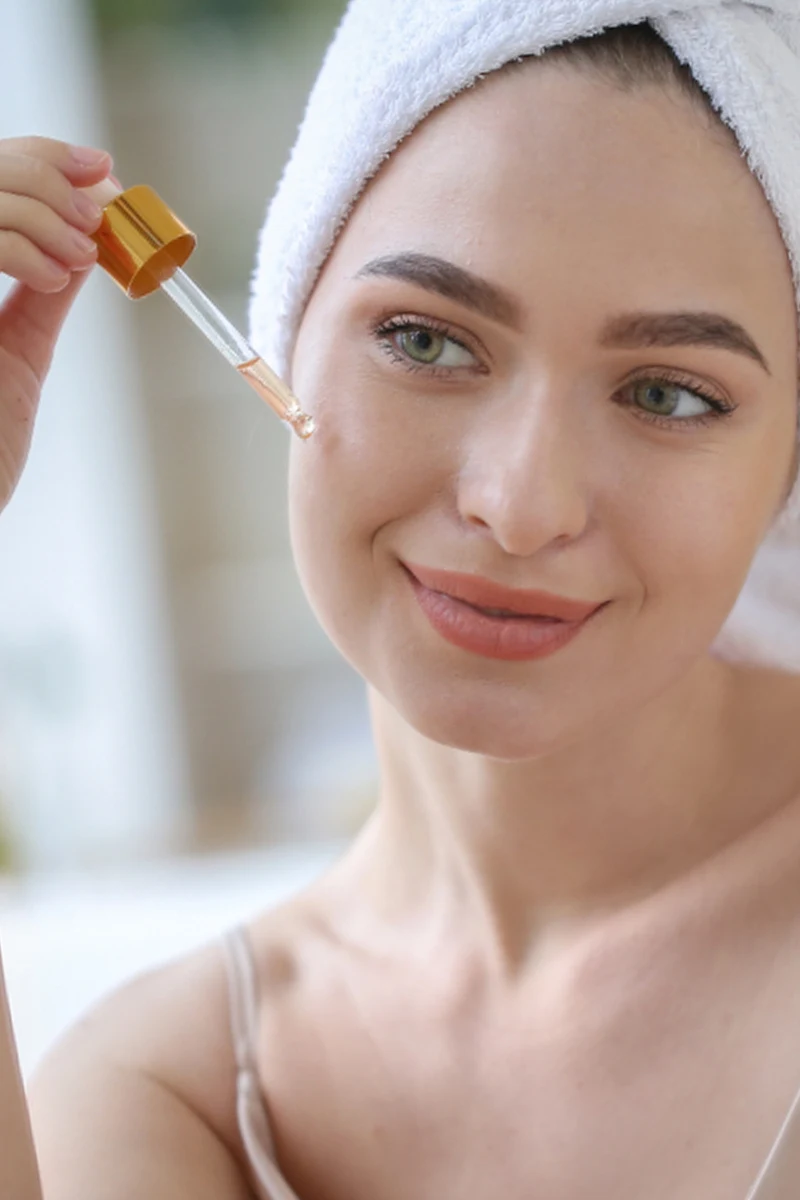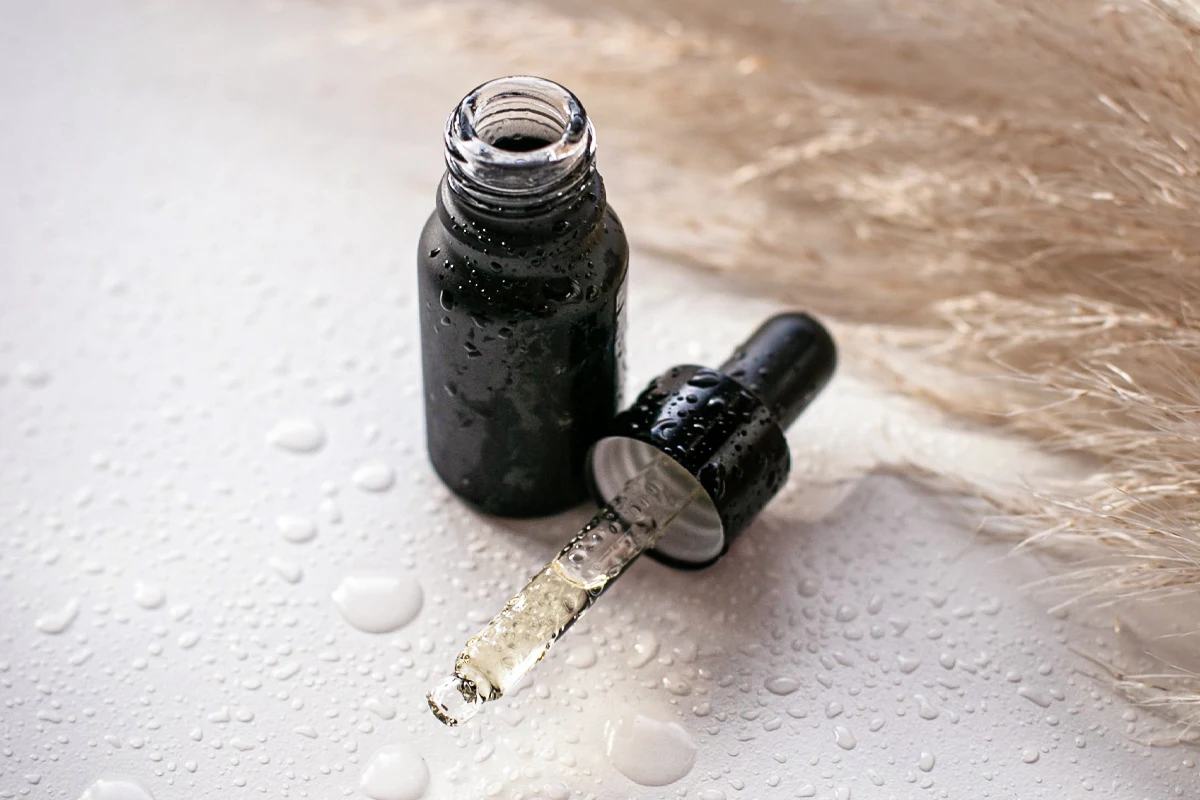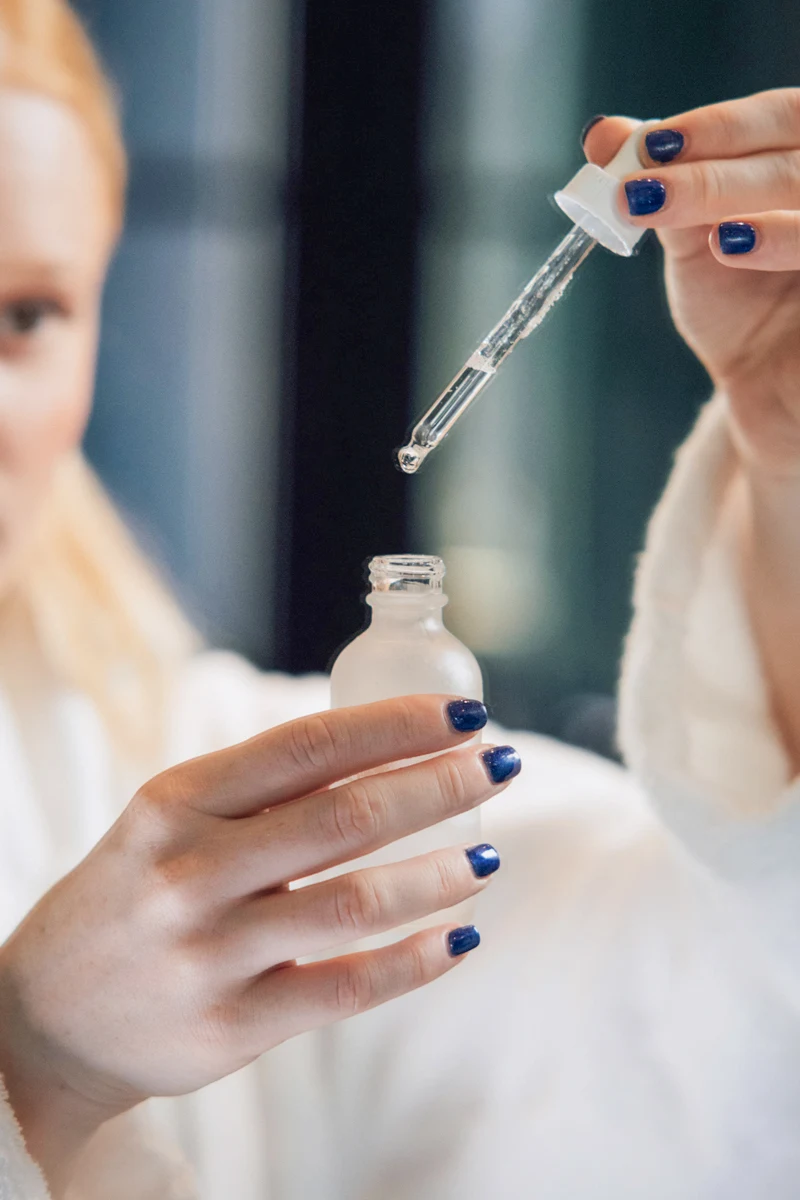Ever gaze in the mirror and wish for a touch of youthful radiance? We all know the struggle against fine lines, dryness, and that ever-present desire for a healthy glow. But what if there was a secret weapon, backed by science, waiting to be unleashed on your skin?
From plumping and hydration to boosting collagen production and even protecting against environmental damage, hyaluronic acid is a multi-tasking marvel. Get ready to dive into the science-backed reasons why this ingredient deserves a starring role in your skincare routine.
What is Hyaluronic Acid?
Hyaluronic acid (HA), also known as hyaluronan, is a naturally occurring substance found in the human body, with high concentrations in the skin, eyes, and connective tissues. It is a glycosaminoglycan, which is a type of carbohydrate molecule that is essential for various bodily functions. Hyaluronic acid has a unique ability to retain water, making it a crucial component for maintaining hydration and lubrication in tissues.
In the skin, hyaluronic acid helps to keep it plump, supple, and well-hydrated. However, the production of hyaluronic acid tends to decrease with age, contributing to the development of wrinkles, fine lines, and a loss of skin elasticity.
In the skincare and cosmetic industry, hyaluronic acid is commonly used as an ingredient in topical products such as serums, creams, and dermal fillers. Its hydrating properties make it a popular choice for moisturizing and anti-aging formulations. When applied to the skin, hyaluronic acid can attract and retain water, helping to improve skin texture, reduce the appearance of wrinkles, and promote a smoother complexion.
- #1. Deep Hydration:
One of the primary benefits of hyaluronic acid is its ability to provide deep hydration to the skin. This molecule is known for its exceptional water-retaining capacity, holding up to 1000 times its weight in water. According to a study published in the Journal of Clinical and Aesthetic Dermatology, hyaluronic acid plays a crucial role in maintaining skin moisture and preventing dehydration, contributing to a plump and supple complexion.
*Source: How Much Do We Really Know About Our Favorite Cosmeceutical Ingredients? (Jacquelyn Levin, DO; James Q. Del Rosso, DO, FAOCD; Saira B. Momin, DO)
- #2. Reduced Wrinkles and Fine Lines:
As we age, the skin's natural production of hyaluronic acid decreases, leading to the development of wrinkles and fine lines. However, topical application of hyaluronic acid has shown promising results in reducing these signs of aging. A review article in Wiley reported that hyaluronic acid helps improve skin elasticity and minimizes the appearance of wrinkles, making it an effective anti-aging ingredient.
*Source: Benefits of topical hyaluronic acid for skin quality and signs of skin aging: From literature review to clinical evidence. (Bruna Bravo, Priscila Correia, José Euzébio Gonçalves Junior, Beatriz Sant'Anna, Delphine Kerob3)
- #3. Collagen Synthesis and Skin Firmness:
Collagen, a protein responsible for skin structure and firmness, relies on adequate hydration for optimal synthesis. Hyaluronic acid not only hydrates the skin but also stimulates collagen production. A study in the Journal of Drugs in Dermatology found that hyaluronic acid promotes collagen synthesis, contributing to improved skin elasticity and firmness.
*Source: Biological Effects of Hyaluronic Acid-Based Dermal Fillers and Laser Therapy on Human Skin Models (Laura Huth Ph.D., Yvonne Marquardt, Ruth Heise Ph.D., Katharina Fietkau, Jens Malte Baron MD, Sebastian Huth Ph D.)
- #4. Anti-Inflammatory Properties:
Hyaluronic acid exhibits anti-inflammatory properties that can soothe and calm irritated skin. Research published in the International Journal of Biological Macromolecules highlights the potential of hyaluronic acid in reducing inflammation and promoting skin healing.
*Source: A carboxymethyl chitosan/oxidized hyaluronic acid composite hydrogel dressing loading with stem cell exosome for chronic inflammation wounds healing (Yan Yue, Yang Liu, Yukai Lin, Fengbiao Guo, Kun Cai, Shengqin Chen, Wancong Zhang, Shijie Tang)
- #5. Enhanced Wound Healing:
Beyond its cosmetic benefits, hyaluronic acid plays a crucial role in the wound healing process. A study in the article "Hyaluronic Acid and Wound Healing" demonstrated that hyaluronic acid accelerates wound closure and promotes tissue regeneration, making it a valuable component in skincare products for promoting overall skin health.
*Source: Hyaluronic acid and wound healing (Manuela G Neuman, Radu M Nanau, Loida Oruña-Sanchez, Gabriel Coto)
Concluding...
In conclusion, the science-backed benefits of hyaluronic acid for achieving younger and healthier skin are undeniable. Its exceptional hydrating properties, coupled with its positive effects on collagen synthesis, make it a standout ingredient in the world of skincare products. Furthermore, its anti-inflammatory attributes and role in wound healing add to its versatility.






